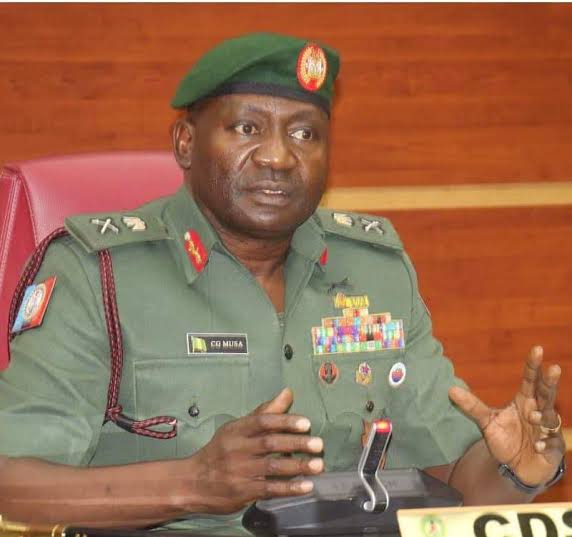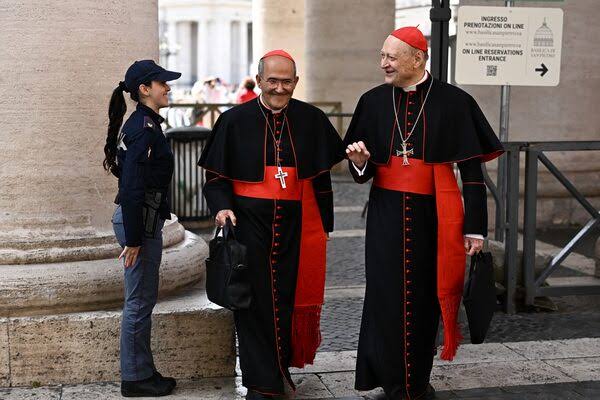General Christopher Musa Gwabin, Nigeria’s Chief of Defence Staff, has garnered attention not only for his military leadership but also for actions interpreted as reflecting humanist principles. While not explicitly identified as a humanist, his actions warrant examination in the context of a nation grappling with complex security and socio-economic challenges.
Upon assuming leadership of Nigeria’s armed forces, General Musa inherited a military facing significant security challenges, including terrorism and banditry. His prior experience leading Operation Hadin Kai in the Sambisa Forest provided him with firsthand knowledge of the issues faced by troops. While the appointment, attributed to President Bola Ahmed Tinubu’s talent identification, has coincided with a reported decline in insecurity, independent verification and sustained progress remain crucial metrics.
See more: Minister Nkeiruka Onyejeocha Launches LEEP to Drive National Job Creation.
Hailing from Southern Kaduna, a region historically plagued by hardship, General Musa’s appointment has been met with cautious optimism. The establishment of a Federal University of Science and Technology and a Federal Medical Center in the region, coinciding with his tenure, are viewed as positive developments, although their direct link to his influence requires further substantiation.
Beyond his military duties, General Musa has engaged in philanthropic activities, including funding the renovation of a clinic in Sokoto State and supporting his alma mater. These actions, while commendable, raise questions about the extent and sustainability of his personal contributions to addressing broader societal needs.
Comparisons have been drawn between General Musa’s leadership and historical military figures such as Dwight D. Eisenhower, Charles Gordon, and Douglas MacArthur. However, these comparisons should be viewed with caution, as the contexts and challenges faced by these figures differ significantly from those confronting Nigeria today. While Eisenhower transitioned from military leadership to championing international cultural exchange, and Gordon and MacArthur engaged in humanitarian and reconstruction efforts, the extent to which General Musa can replicate such legacies remains to be seen.
Nigeria’s military history is replete with distinguished generals. Whether General Christopher Musa Gwabin will ultimately join their ranks as a leader who not only defended national unity but also contributed to lasting peace and progress remains an open question. His role in advancing President Tinubu’s “Renewed Hope Agenda” is often cited, but the tangible outcomes of this alignment require rigorous evaluation.



